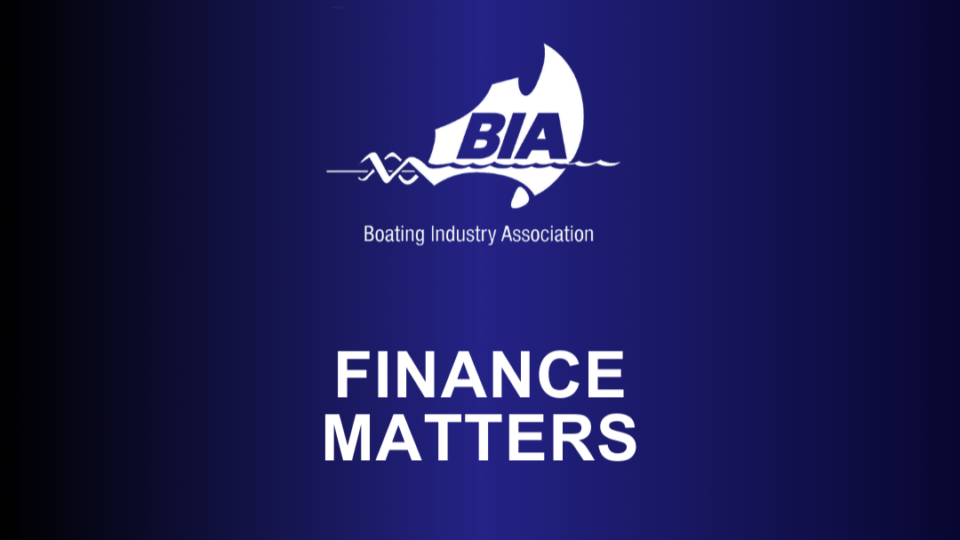
There have been changes to the National Minimum Wage, registration fees, superannuation, energy bill rebates and reporting obligations for business owners from 1 July 2025. BIA encourages industry members to note following:
The Australian Securities and Investment Commission (ASIC) will increase business name fees from 1 July 2025;
ASIC will also increase company registration and annual review fees from 1 July 2025;
From 1 July 2025, the National Minimum Wage will increase by 3.5%. This means the new National Minimum Wage will be $24.95 per hour, or $948 per week. This increase will apply from the first full pay period starting on or after 1 July 2025;
From 1 July 2025, the superannuation guarantee rate will increase from 11.5% to 12%. The 12% rate will need to be applied for all salary and wages paid to eligible workers on and after 1 July. This is even if some or all the pay period it relates to is before 1 July. This is the final scheduled increase;
From 1 July, the Australian Taxation Office (ATO) will pay superannuation on government funded Parental Leave Pay (known as the Paid Parental Leave Superannuation Contribution);
You can no longer claim a tax deduction for any ATO interest incurred on or after 1 July 2025, making tax debts more costly for small business. This means that you can no longer deduct General Interest Charge (GIC) and Shortfall Interest Charge (SIC) incurred on or after 1 July 2025 in your income tax return for income years starting on or after 1 July 2025. Interest charged by the ATO that was incurred before 1 July 2025 can still be claimed as a deduction this tax time;
Eligible small businesses with electricity bills may receive up to $150 in energy bill rebates from 1 July 2025 to the end of 2025. Rebates will be automatically applied to your electricity bill in two $75 quarterly instalments;
Right to disconnect will apply to small businesses, Eligible employees will have the right to refuse employer or third-party contact outside of working hours. This change starts on 26 August 2025 for small business employers; and
Environmentally Sustainable Procurement Policy, The Australian Government’s Environmentally Sustainable Procurement Policy came into effect on 1 July 2024 for construction services procurements. From 1 July 2025, the Policy will also apply to three additional procurement categories – furniture, fittings and equipment (FFE), ICT goods, and textiles for procurements valued at or above $1 million. If your business supplies these goods or services to the government, this means you’ll be required to undertake activities to substantiate environmental claims and demonstrate compliance with the policy.
